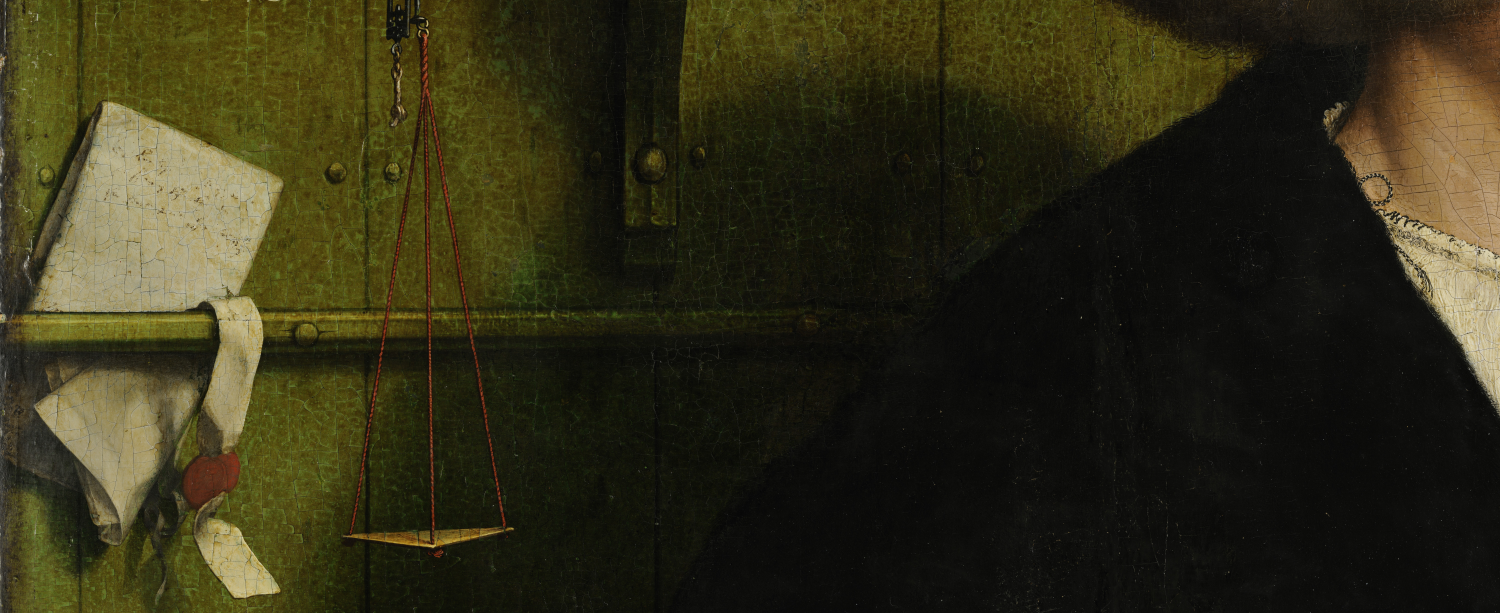Legal authorities as instruments of conflict management (Wijffels)
Justyna Wubs-MrozewiczToday our attention is focused on how to analyse #conflictmanagement from an interdisciplinary approach, due to our broad variety of source material. In particular: law and its role in diplomatic/economic centered conflicts. As Alain Wijffels points out while discussing Anglo-Hanseatic commercial conflicts, law was not on the forefront of these relations. The main focus was on diplomacy & trade. But legal documents can add valuable insight, esp. when scholars look beyond conflict resolution and analyse the conflict process.
“Law may not have been seen as offering a way out of the conflict, in the sense of a form of dispute resolution but it did contribute by formalizing the controversial issues and subjecting them to legal arguments supported by legal authorities, to secure some form of conflict management.” (p.172) Wijffels chapter is this week's #RetroConflictsInspiration since legal institutions/actors involved in Hanse-related conflicts will be used to e.g. demonstrate law as a tactic or how Hanseatic legal authority was perceived. A. Wijffels, “Legal authorities as instruments of conflict management. The long endgame of Anglo-Hanseatic relations (1474-1603)”, Godfrey, M. (Ed.) Law and Authority in British Legal History, @CambridgeUP (2016), pp.170-191. [....]
